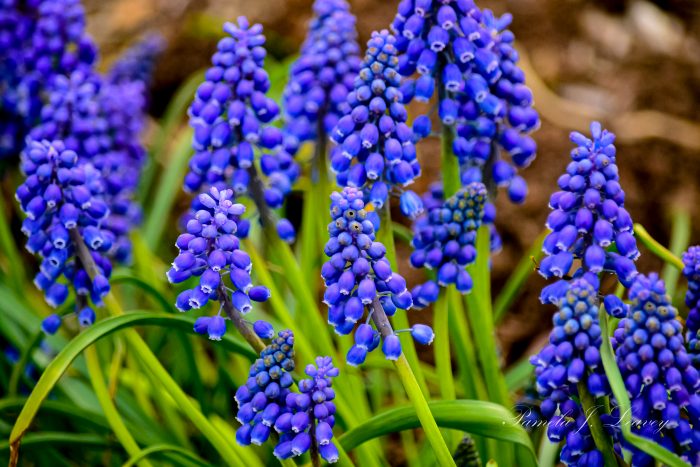Reflections on Thoreau’s Walking
February 29, 2016
Thoreau speaks of walking in nature as a “sort of crusade,” a pilgrimage of sorts, in search of all that is holy in the midst of nature. (Thoreau p.72) In fact, Thoreau calls walking a noble art, one that is not unlike the Knights of old. (Thoreau p. 73) On this, I cannot disagree for I feel my walks in nature take on a higher order in my life and connect me to all of my senses at once and without a doubt to a higher order within the universe.
It is in walking in the afternoon Thoreau says that, he would “fain forget all my morning occupations and my obligations to society.” (Thoreau p. 78) In fact, if the thought of things other than nature invade his time walking, he would find himself returned to his senses through nature, recognizing he has no business walking in the woods, if he is “thinking of something out of woods.” (Thoreau p. 79) For it is the “subtle magnetism in Nature, which, if we unconsciously yield to it,” that “will direct us aright.” (Thoreau p. 85) Yes, I can concur for when I walk I find the ills of my life are lessen, the pains in my heart are healed, and my senses are awaken by the smallest gift of nature that speaks to me as I stroll through nature’s woods and pastures.
Moreover, in the midst of Thoreau’s exhalations of the restorative power of nature on our psyche, he takes time to remind us of our duty to preserve nature, for “all good things are wild and free.” (Thoreau p. 107) Without nature, the question begs, what place does man have in the world. Thoreau implores us to preserve nature and to respect nature. Thoreau draws the parallel of walking in nature as a spiritual connection to the world in which we live, a connection that is vital to our very lives.
Works Cited
Thoreau, Henry David. “Walking.” Emerson, Ralph Waldo and Henry David Thoreau. Nature / Walking. Boston, MA: Beacon Press, 1991. p. 71 – 122.






